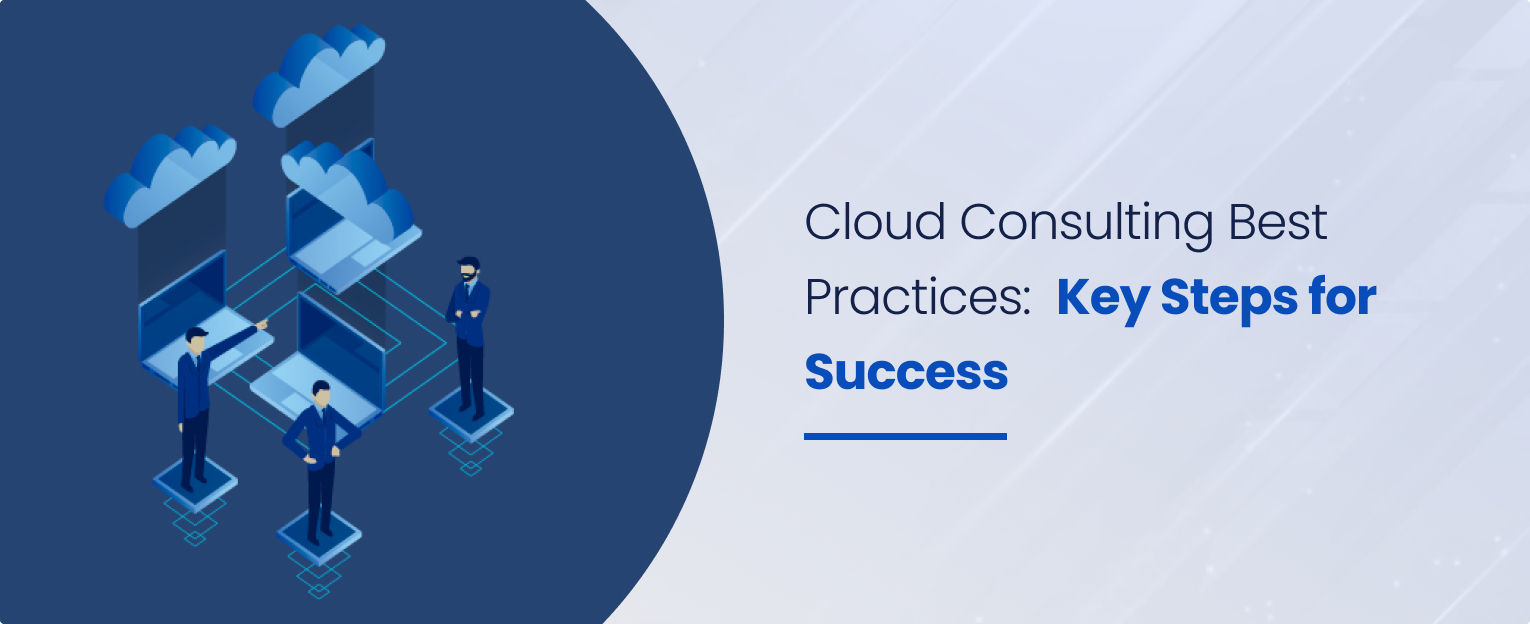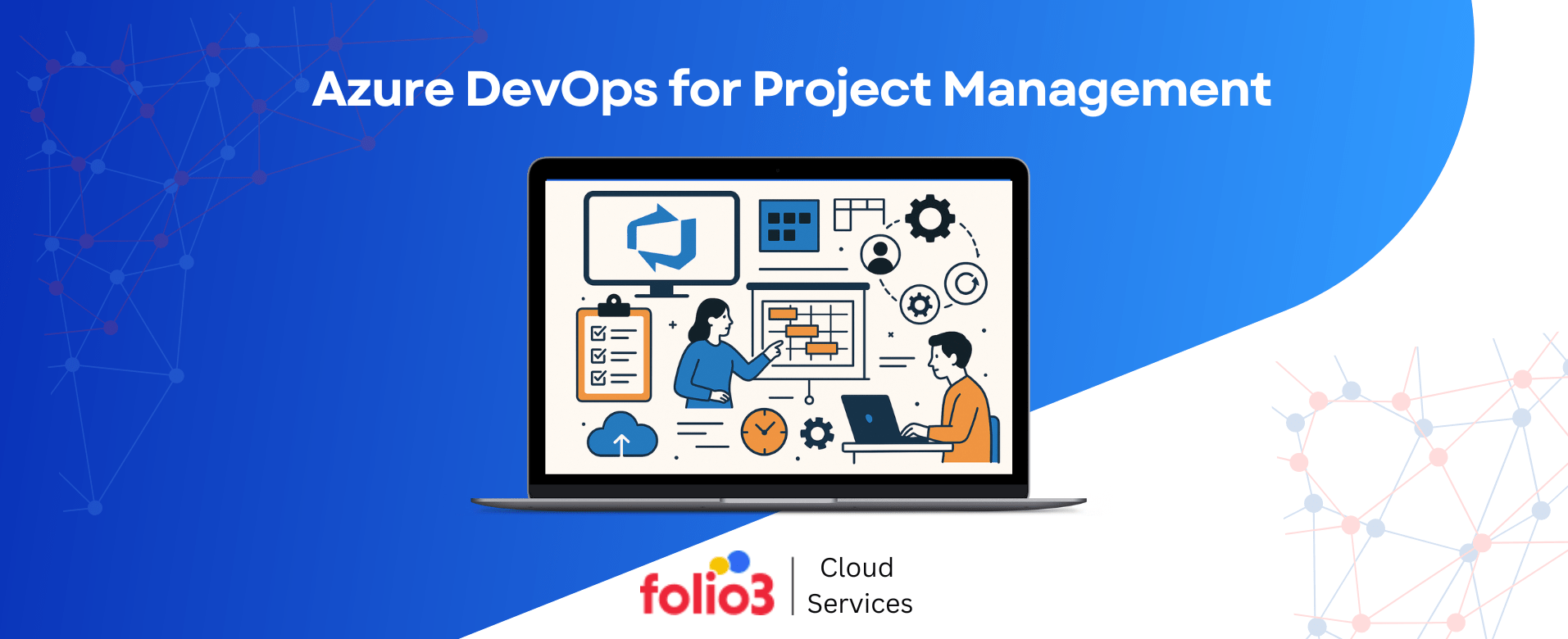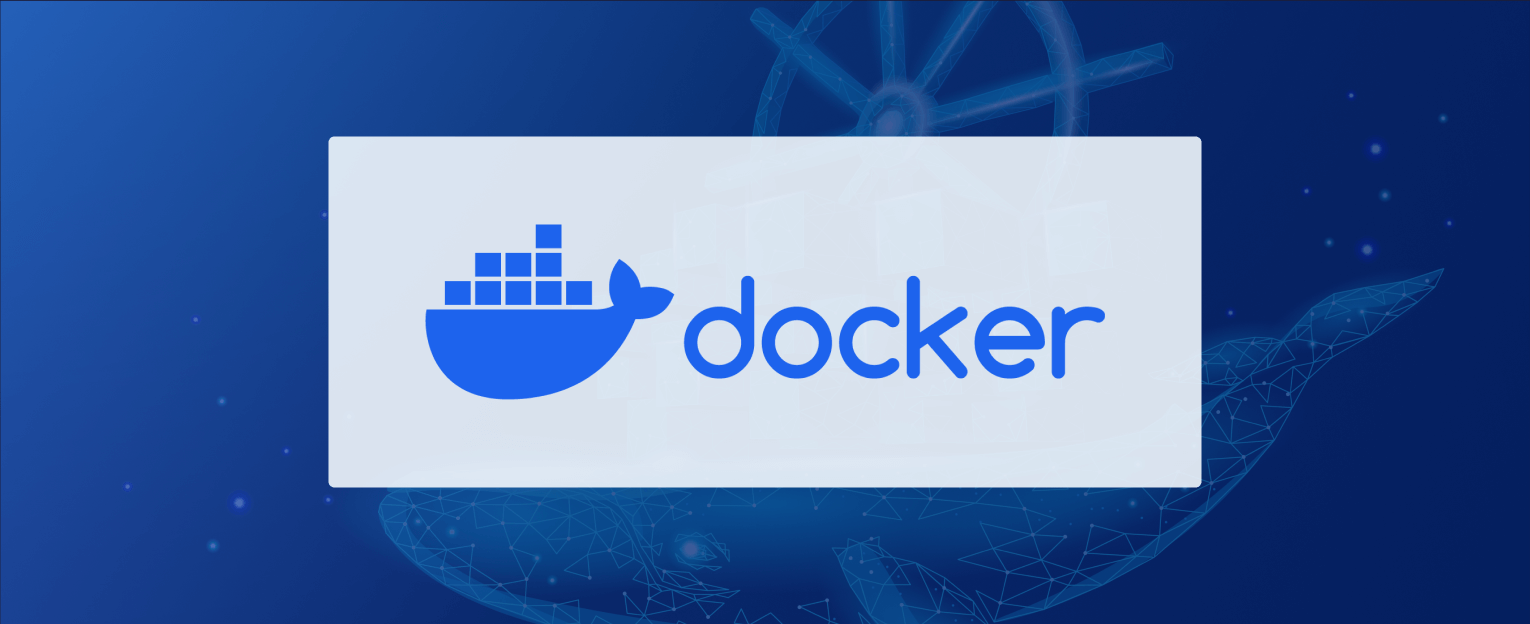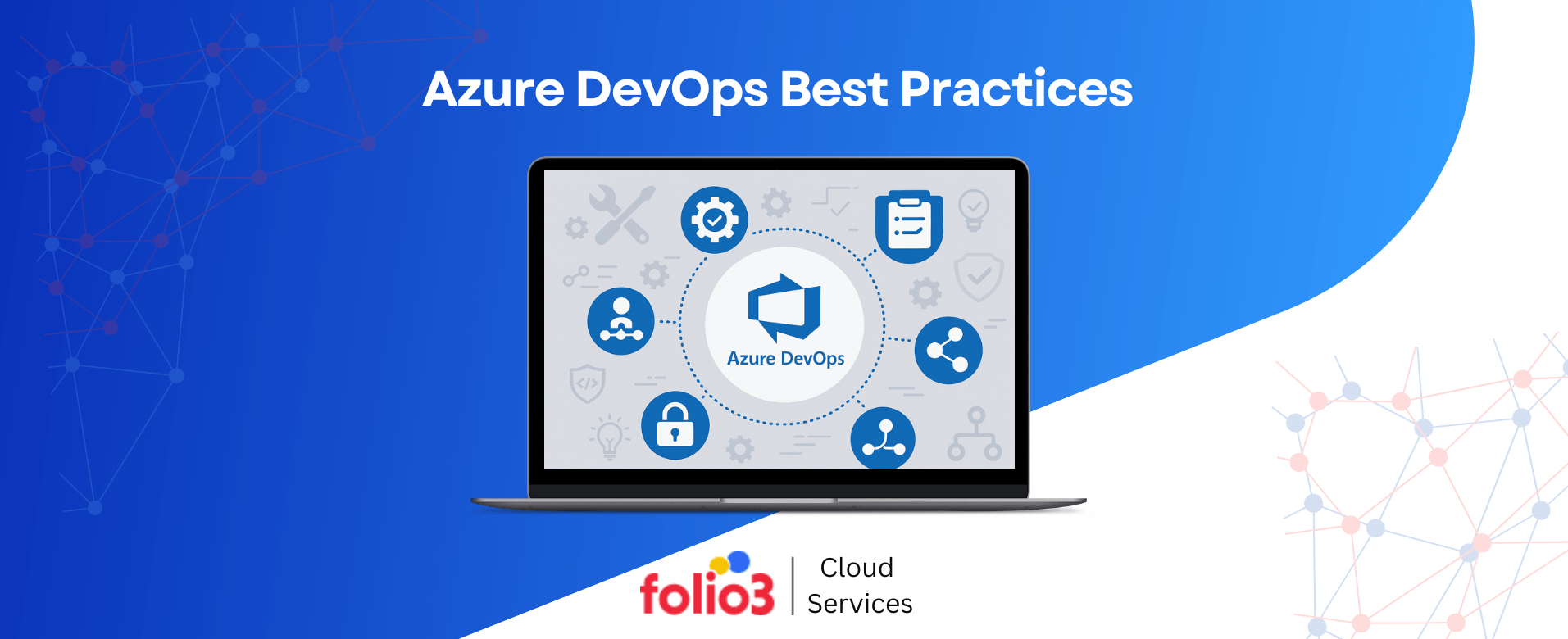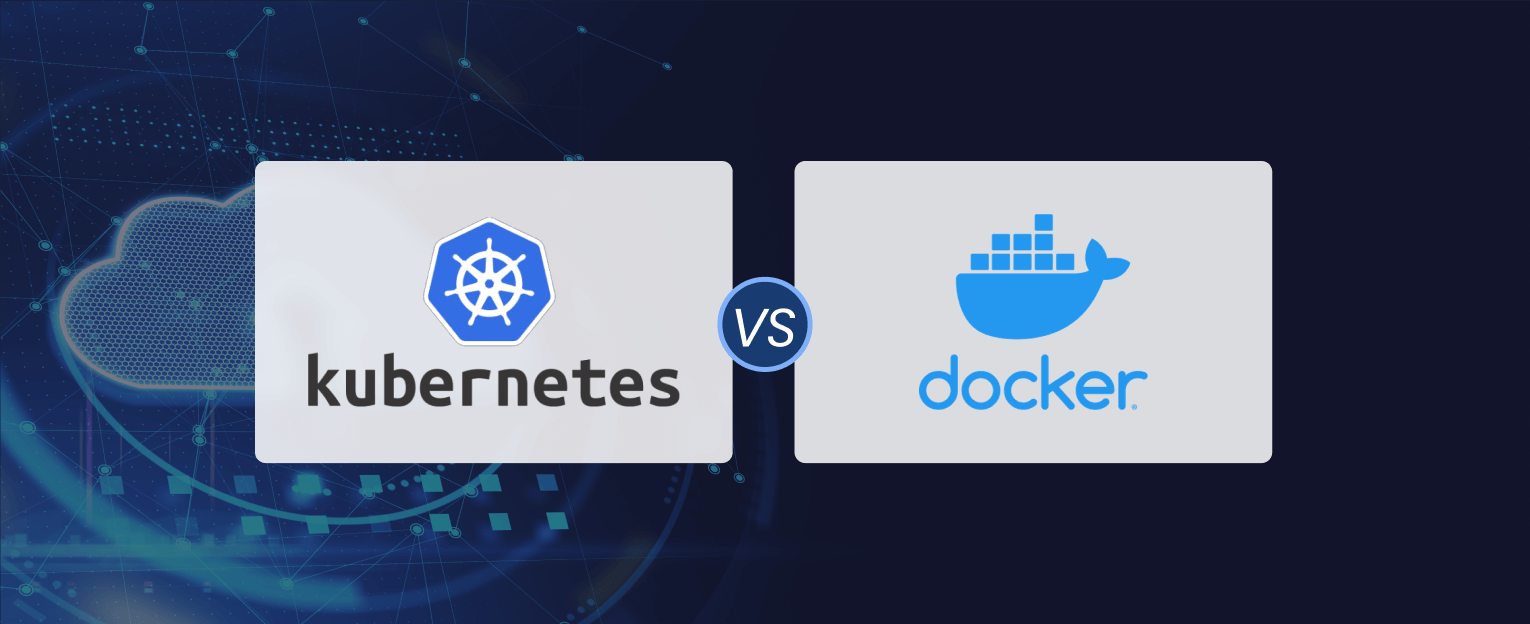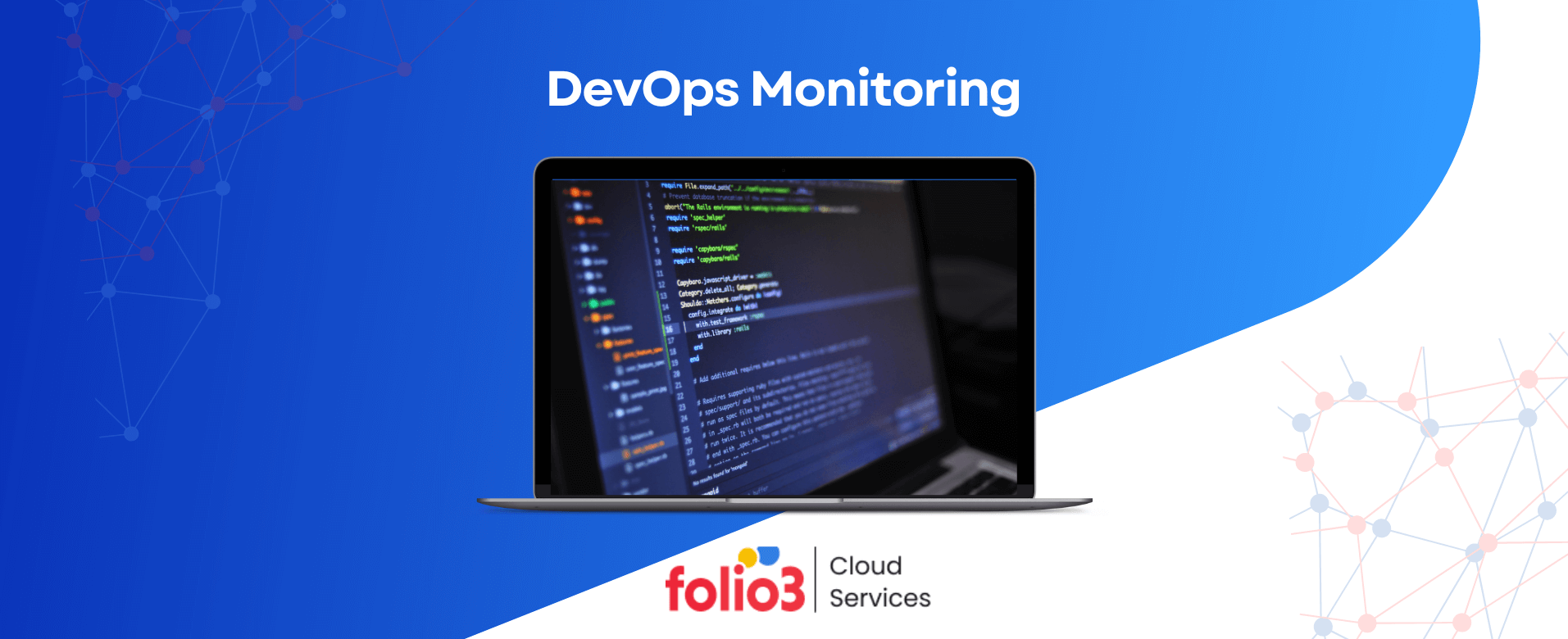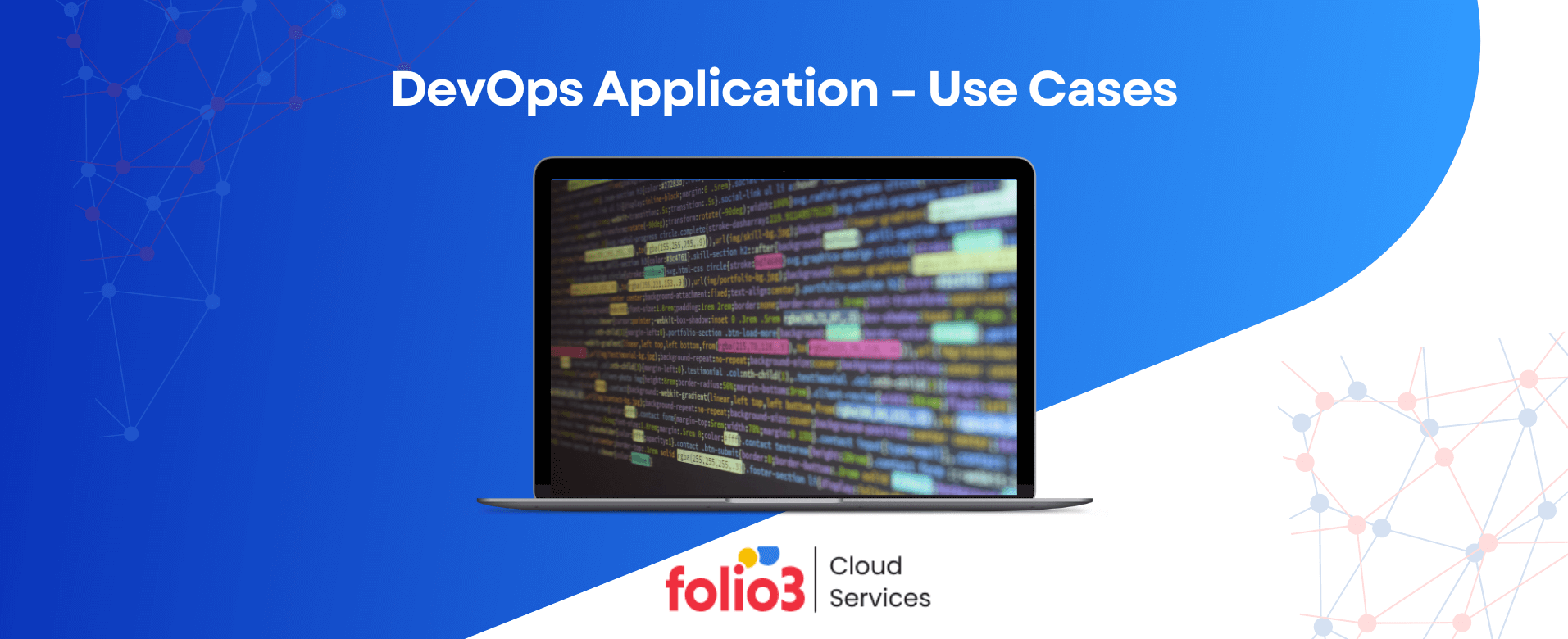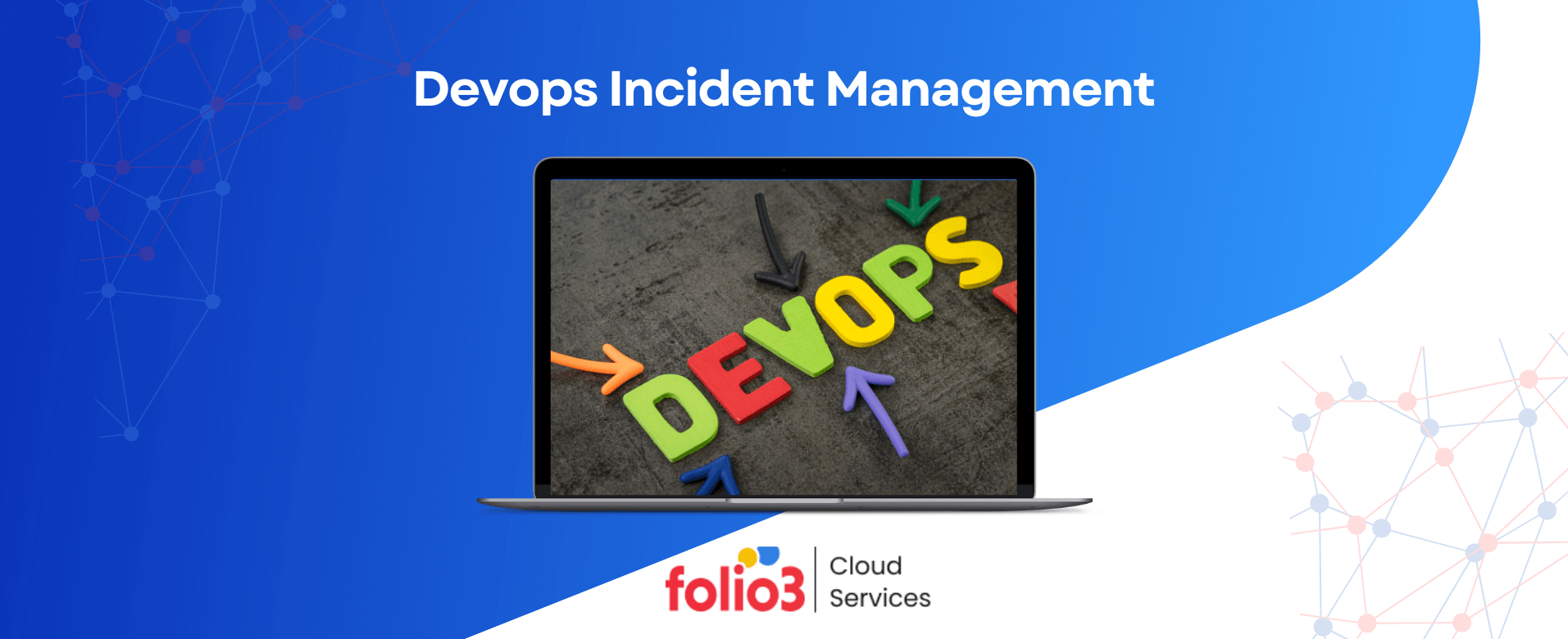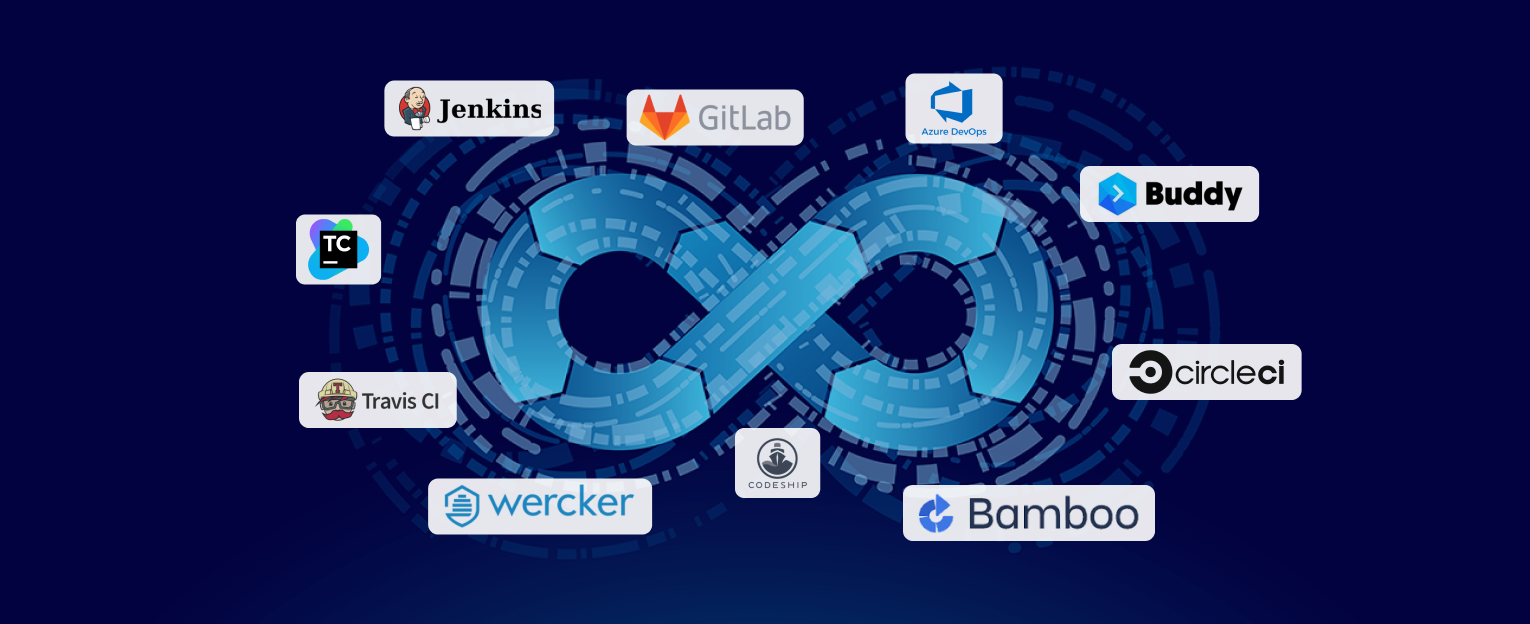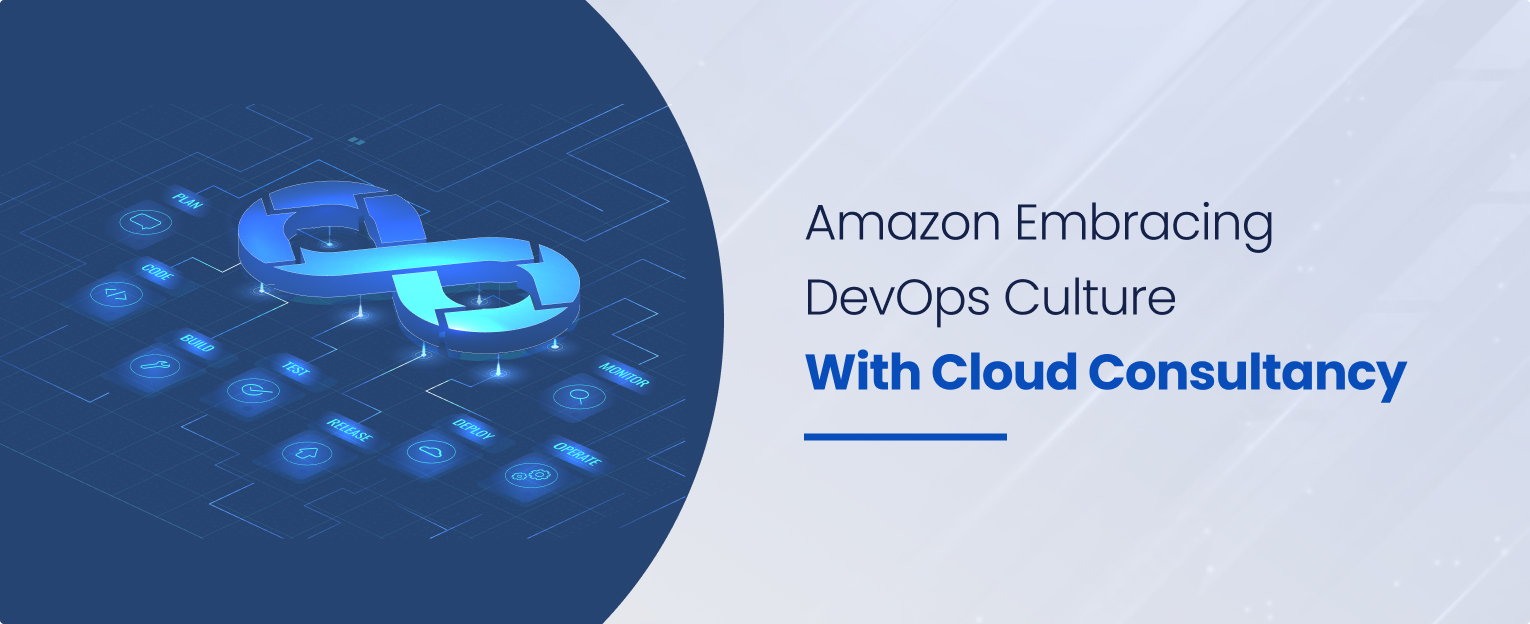The causes for an organization moving to the cloud are simple to understand. However, understanding the concepts and procedures required to complete a cloud migration can take time and effort.
Depending on the specific cloud resources each organization utilizes and the applications deployed, each one will have a different experience with the cloud. In this blog, we’ll talk about the best practices for laying the groundwork for a successful, low-risk migration to the cloud.
Introduction:
In today’s rapidly evolving digital landscape, businesses increasingly turn to cloud computing to drive innovation, improve scalability, and enhance operational efficiency. However, migrating to the cloud can be complex and challenging without proper planning and guidance. That’s where cloud consulting comes into play.
Cloud consultants help organizations navigate the intricacies of cloud adoption and ensure a successful cloud transformation. This blog will delve into the best practices of Cloud consulting services and outline key steps for a seamless and successful cloud transformation.

Transform Your Business with Expert Cloud Consulting
Transform your business with our expert Cloud consulting. Schedule a consultation and accelerate your delivery today.
Step 1: Assessing Business Objectives and Readiness:
Before embarking on a cloud transformation journey, assessing your organization’s business objectives and evaluating its readiness for the cloud is crucial. Cloud consultants work closely with key stakeholders to understand the specific goals and requirements of the business. They comprehensively analyze existing IT infrastructure, applications, and workflows to determine the feasibility and benefits of cloud adoption. This assessment helps establish a solid foundation and sets clear expectations for the cloud transformation process.
Step 2: Developing a Cloud Strategy:
Based on the assessment, cloud consultants develop a tailored cloud strategy that aligns with the organization’s objectives. This strategy outlines the roadmap for cloud adoption, including selecting the right cloud service model (IaaS, PaaS, or SaaS), cloud provider, and migration approach. A well-defined cloud strategy addresses security, compliance, cost optimization, and scalability. It ensures that the cloud transformation is aligned with the organization’s long-term vision and goals.
Step 3: Conducting a Comprehensive Cloud Readiness Assessment:
A thorough cloud readiness assessment is essential to ensure a smooth transition to the cloud. Cloud consultants evaluate the organization’s existing IT infrastructure, applications, and data to identify potential challenges and opportunities for migration. They assess legacy system compatibility, data security requirements, network infrastructure, and regulatory compliance. This assessment helps identify gaps and provides insights into the modifications or enhancements required before migration.
Step 4: Creating a Migration Plan:
A well-structured migration plan is critical for a successful cloud transformation. Cloud consultants work closely with the organization’s IT team to develop a detailed migration plan encompassing various aspects, such as application prioritization, data migration strategy, and downtime management. They identify the optimal sequencing of applications and data migration, considering dependencies and interdependencies. The migration plan also includes risk mitigation strategies and contingency plans to address any unforeseen challenges during the migration process.
Step 5: Ensuring Data Security and Compliance:
Data security and compliance are of utmost importance when migrating to the cloud. Cloud consultants help organizations navigate the complex landscape of cloud security and ensure adequate measures are in place to protect sensitive data. They assist in defining access controls, encryption protocols, and data governance policies to maintain data integrity and comply with industry-specific regulations. Cloud consultants also help organizations understand the shared responsibility model and ensure a robust security framework across all cloud layers.
Step 6: Emphasize Automation and Infrastructure as Code:
Automation is a key component of successful cloud implementation. Organizations can streamline their cloud adoption process by adopting infrastructure as code principles. The focus is on automating infrastructure builds for each application, allowing for consistent and repeatable deployments. Taking a DevOps approach, the goal is to implement a cloud environment where applications are developed and deployed through code. To achieve this, many automation templates are in the market to play a crucial role. These templates provide a foundation for repeatable automation, ensuring operational governance. By leveraging GitHub and managed frameworks, onboarding new application teams can easily access the necessary code and frameworks for the cloud platform.
Step 7: Optimizing Costs and Performance:
One of the significant advantages of cloud computing is cost optimization. Cloud consultants help organizations identify cost-saving opportunities by optimizing resource utilization, right-sizing infrastructure, and leveraging cloud-native services. They provide insights into pricing models, such as pay-as-you-go or reserved instances, to align cloud costs with business requirements. Additionally, cloud consultants work closely with the organization to monitor and optimize cloud performance, ensuring scalability, high availability, and efficient resource utilization.
Step 8: Managing Change and Training:
Cloud transformation involves a significant cultural shift within the organization. Cloud consultants are crucial in managing this change by providing training and guidance to the IT team and end-users. They help organizations develop a cloud-aware culture and ensure a smooth transition to new cloud-based workflows and processes.
Final Thoughts!
In conclusion, cloud consulting best practices are essential for a successful transformation. By following key steps and adopting the right strategies, organizations can navigate the complexities of cloud adoption and achieve their desired outcomes. Assessing business objectives and readiness sets the foundation for a well-aligned cloud strategy. A comprehensive cloud readiness assessment helps identify any potential challenges and allows for necessary modifications or enhancements before migration.
Creating a detailed migration plan, considering application prioritization and data migration strategies ensures a smooth transition with minimal downtime. Data security and compliance are critical aspects that cloud consultants address by implementing access controls, encryption protocols, and data governance policies. They also help organizations optimize costs and performance by identifying cost-saving opportunities and leveraging cloud-native services.
Automation and infrastructure as code play a vital role in streamlining the cloud adoption process. Cloud consultants guide organizations in adopting automation frameworks and infrastructure-as-code principles, ensuring consistent and repeatable deployments. Organizations can achieve cost savings and improve scalability by optimizing resource utilization and monitoring cloud performance.
Lastly, managing change and providing training are crucial for a successful cloud transformation. Cloud consultants assist in developing a cloud-aware culture, enabling a smooth transition to new cloud-based workflows and processes.
In summary, cloud consulting best practices provide the guidance and expertise needed to navigate the complexities of cloud adoption. By following these key steps, organizations can achieve a successful cloud transformation, driving innovation, scalability, and operational efficiency in the ever-evolving digital landscape.

Transform Your Business with Expert Cloud Consulting
Transform your business with our expert Cloud consulting. Schedule a consultation and accelerate your delivery today.

